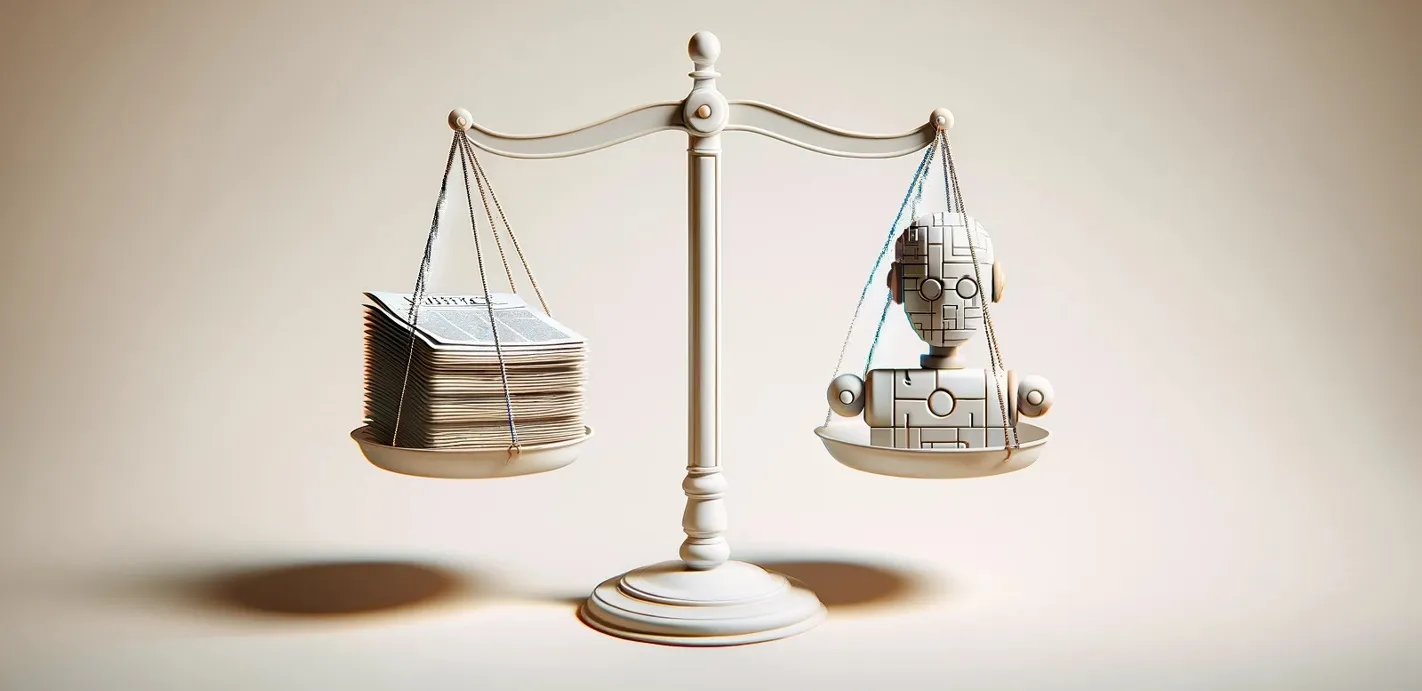The New York Times is challenging AI giants like OpenAI and Microsoft in court over copyright by using their articles without permission to train advanced technologies like the famous ChatGPT.
Imagine that millions of articles, full of information and analysis, have been used to teach these machines to converse and think like us. But what about those copyrights? That is the big question that the New York Times takes to the Federal District Court in Manhattan. And no wonder, we are talking about possible legal and real damages of billions of dollars.
What happens if you ask ChatGPT about recent news? Well, according to the New York Times, it can sometimes respond to you with identical parts of its articles, those that you would normally have to pay for with a subscription. And the worst of all is that they don’t even send you to the original article. Imagine, this could mean fewer subscribers and fewer visits to your website, a real financial hit!
Now, what have OpenAI and Microsoft said about it? Well, although they tried to reach an agreement in the spring, it seems that they were not successful. OpenAI says it respects the rights of creators and is looking for ways for them to benefit from this technology. In fact, they have already reached an agreement with Axel Springer, a German media giant.
It does not stop here. Famous authors like George RR Martin and John Grisham have also sued OpenAI for something similar. And it’s not just about text, but also about images. Companies like Midjourney and Stability AI have been accused of using copyrighted images to train their software.
This New York Times case could open Pandora’s box and lead to more lawsuits in the future. Worst of all, the most affected will be the smaller media outlets, as they have fewer financial resources to confront technological giants such as OpenAI and Microsoft. What do you think? Let me know your opinion in the comments 🚀🤔
Featured image credits: Juan José Leiva – generated with AI

